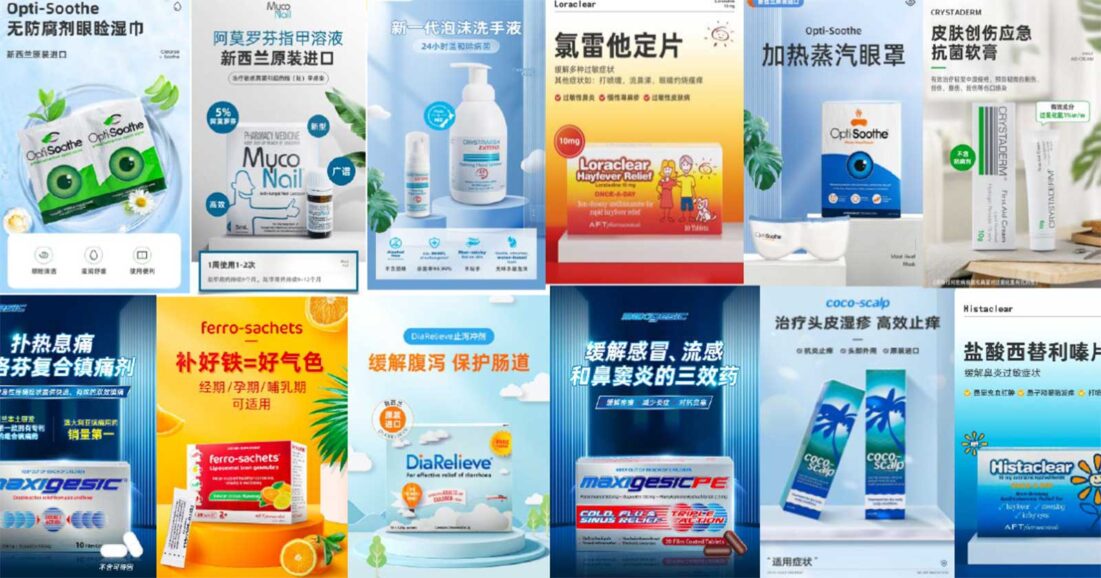A noteworthy development for kava enthusiasts and health conscious individuals in China is RLG’’s opening of The Calmer Co.’s Tmall …
Introducing VORA
RLG is excited to announce the launch of VORA, our new Health & Wellness brand offering a range of plant-based …
RLG is delighted to announce the launch of its own Food and Health and Wellbeing Brand VORA
The VORA brand and product range has been developed based on demand identified by RLG’s online sales platforms and digital …
RLG & AFT launch OTC medicines online in China
RLG and ASX and NZX-listed AFT Pharmaceuticals (ASX:AFP, NZX:AFT) officially launch the first New Zealand OTC (Over The Counter, without …
RLG launches fin tech platform for YourDiamondsTM
As a valued client of RLG and its subsidiary companies, CHOOSE Digital and Blackglass, yourdiamonds.comTM recently launched its first phase …





